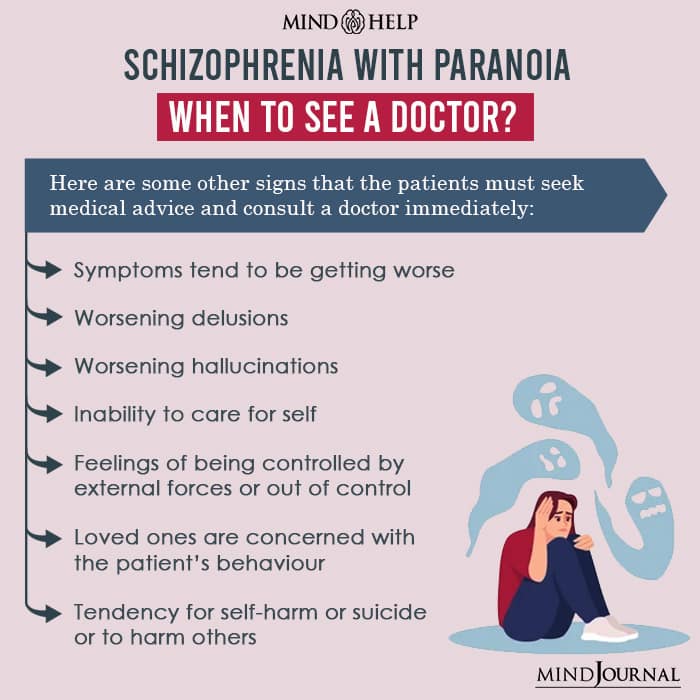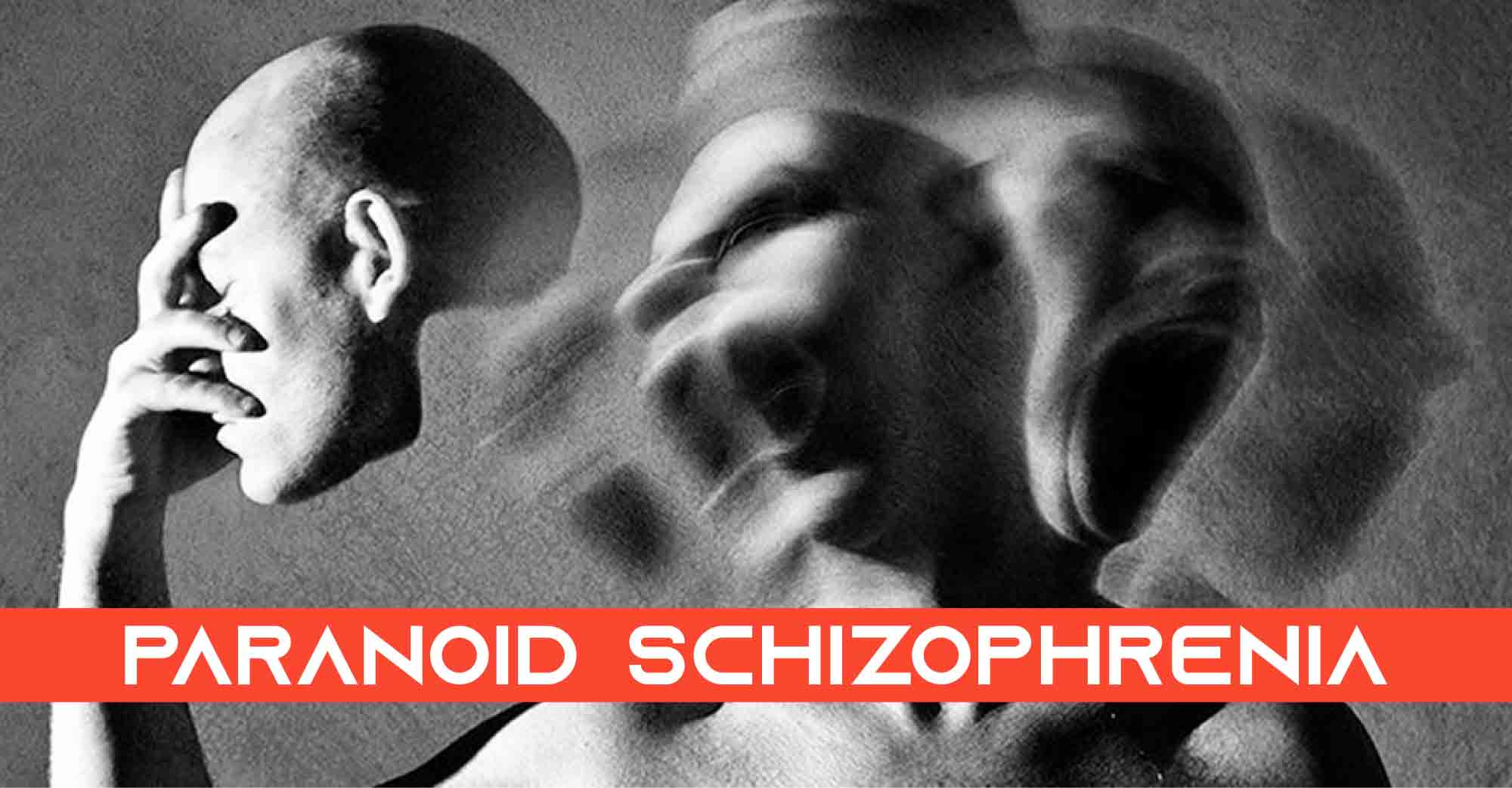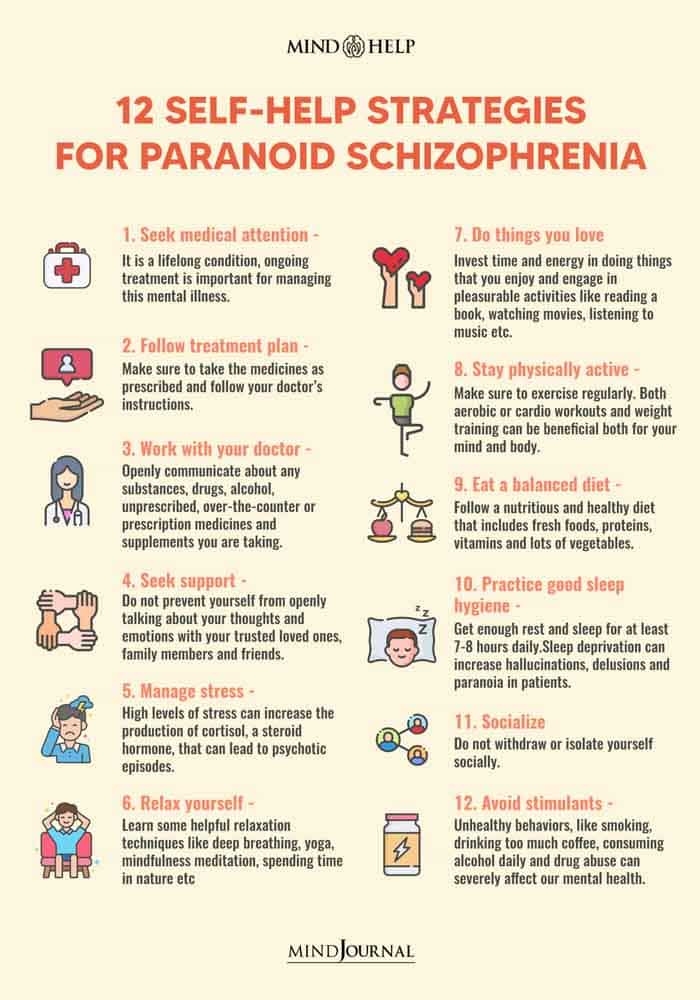Heartwarming Info About How To Manage Paranoia

[and] giving general comforting phrases such as 'all is well, there is nothing to worry about, you are safe.'.
How to manage paranoia. What to know about paranoia in older adults. Paranoia — a belief that people are following you or conspiring against you — is a symptom of psychosis in bipolar disorder that can be managed medically and with other. Paranoia is the irrational and persistent feeling that people are ‘out to get you’.
However, when paranoia starts to take over a person’s entire thought process, it can lead to emotional and neurological challenges. [it helps to] deal with the agitation by focusing on the feelings. For this reason, people with dementia may experience.
Panic attacks can be sudden and overpowering. It can be difficult to watch a loved one experience symptoms of paranoia. Written by webmd editorial contributors.
Paranoia can cause you to feel mistrustful of others or persecuted without a threat. Dementia steadily damages parts of the brain. Medically reviewed by carmelita swiner, md on april 07, 2023.
As defined by the american psychological association, paranoid ideation refers to thought processes. Treatment can depend on the cause but may include psychotherapy. There are many types of psychotherapy, but cognitive behavioral therapy (cbt) has been shown to be effective at treating the pervasive symptoms of paranoia.
People with paranoia are often referred for psychotherapy. Ways to support. Cbt can be done individually, but in the context of paranoia, research shows it is.
Connect with a therapist. The three main types of paranoia include paranoid. During cbt, you will examine the way you think and the evidence for your beliefs.
Includes tips for helping yourself, and guidance for friends and family. Explains paranoia, including possible causes and how you can access treatment and support. What you can and can't do.
Read the full fact sheet. Medically reviewed by smitha bhandari, md on may 10, 2022. It’s crucial to understand that these thoughts are.
Paranoia is a mental health symptom characterized by distrust, suspicion, or fear that others may do you harm. The most common form of talking therapy for paranoia is cognitive behavioural therapy (cbt). Steps such as deep breathing,.








:max_bytes(150000):strip_icc()/what-is-paranoid-schizophrenia-4155331_final-fa6c66e4d61144079a2fa4897743ea39.png)









